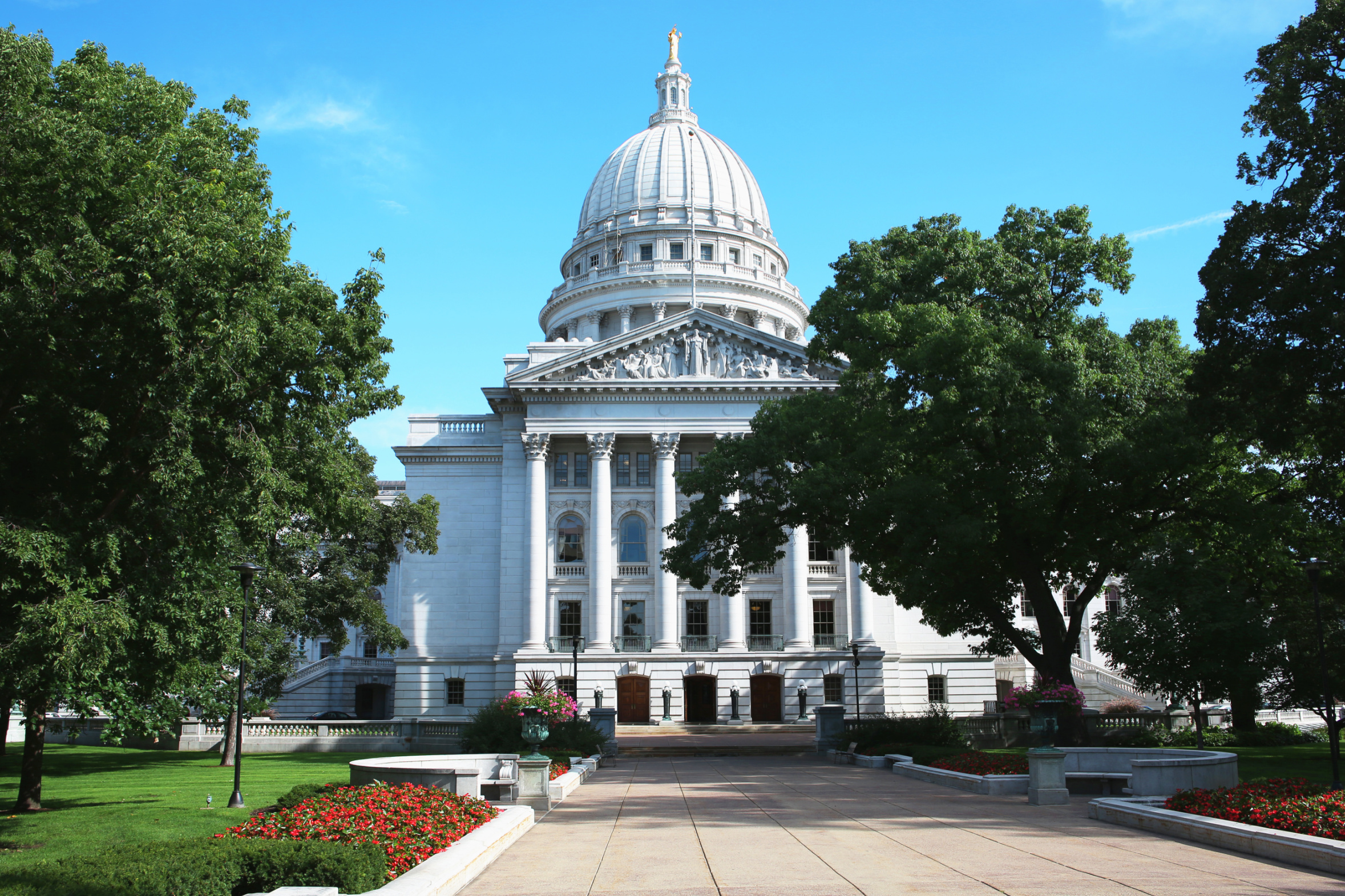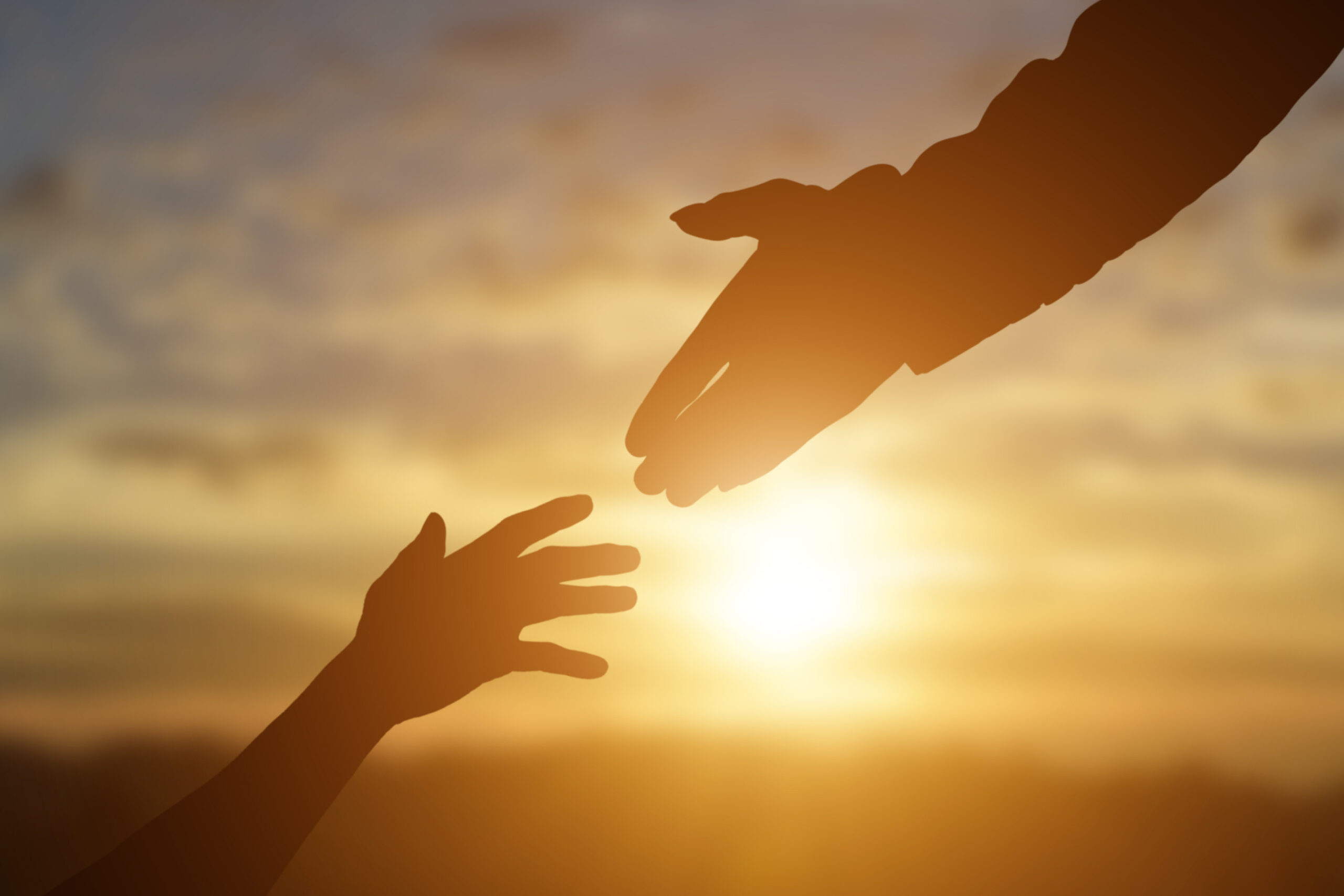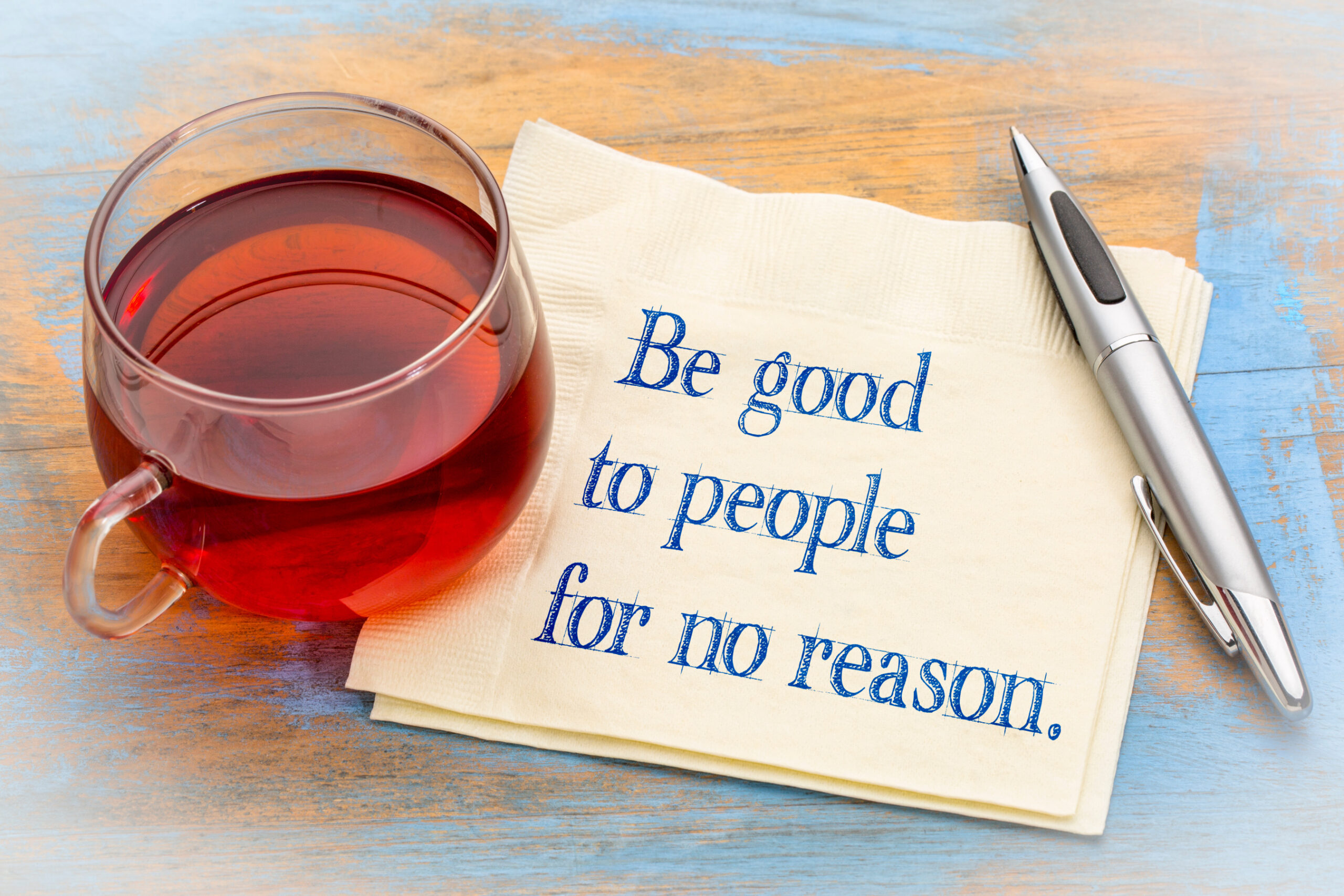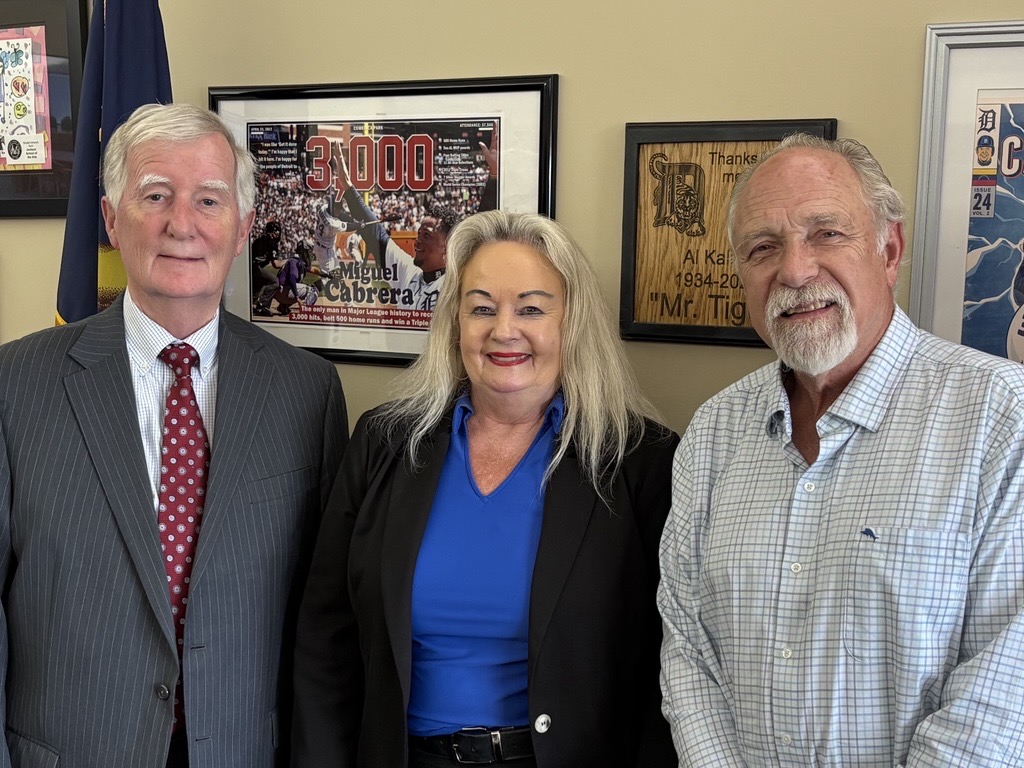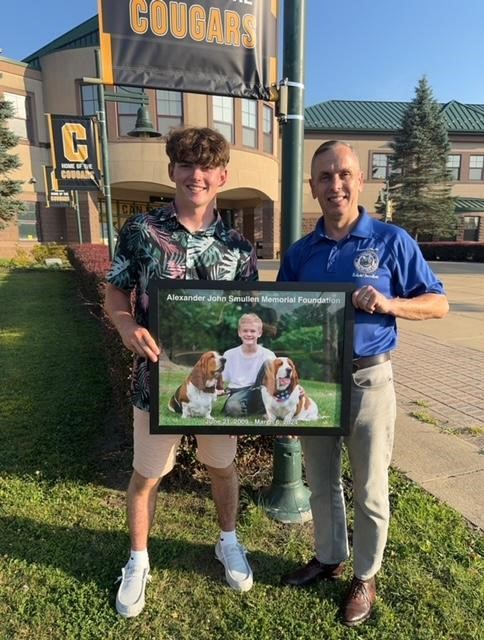
We’ve all heard the phrase “Let me know if you need anything.” It’s polite. It’s well-intentioned. And it’s often the last thing someone in need knows how to respond to. Because when you’re overwhelmed, grieving, anxious, or hanging on by a thread, reaching out for help feels like one more thing to do—one more emotional hurdle to clear.
That’s why one of the most powerful things you can do for someone isn’t to wait for instructions. It’s to act first, ask later.
In a world that teaches us to stay in our own lane, mind our business, and wait to be invited in, showing up without being asked feels almost rebellious. But it’s the kind of rebellion we need more of—one rooted in compassion, not assumption. In action, not approval.
There’s something quietly heroic about the person who doesn’t hesitate. The one who senses something is off and knocks anyway. Who doesn’t wait for the perfect words, but sends the message. Who shows up with a casserole, a coffee, a kind word—or just their presence.
This isn’t about being overbearing or inserting yourself where you’re not wanted. It’s about trusting your gut when it tells you someone might need support, and taking the initiative to offer it before they have to find the courage to ask.
I’ve been on both sides of this.
There have been moments in my life when I was struggling but said I was “fine.” When everything felt like too much, but I didn’t want to be a burden. When I longed for someone to just show up—but couldn’t bring myself to send the text.
And then there were the people who did anyway.
They didn’t wait for permission. They just knew. And they acted.
A card in the mail that arrived on a tough anniversary.
A friend who drove hours just to sit in the quiet with me.
A colleague who sent coffee to my doorstep during an especially draining week.
A neighbor who returned my trash can, salted my steps, and never asked for anything in return.
These gestures weren’t grand. But they were deeply meaningful. They said, “I see you. I’m here. You don’t have to carry this alone.”
Too often, we convince ourselves that we need to be formally asked before we act. We worry about overstepping. We don’t want to be intrusive or make someone uncomfortable. And those concerns are valid—we should always approach others with sensitivity.
But that fear of doing it wrong can’t paralyze us from doing anything at all.
Because the truth is, people remember who showed up. And more importantly, who didn’t.
Civics isn’t just about voting, legislation, or policy. It’s about being a good citizen in the truest sense—tuned in to the needs of your family, your neighbors, your community. It’s about living with such intention and empathy that you don’t need a calendar reminder to check in, or a formal invitation to help.
We need more of that. More people who act from the heart, even if it’s imperfect. More people who don’t just say, “Let me know if you need anything,” but instead say, “I’ll be there at 6.”
It might be uncomfortable. You might misread a situation or be gently told, “I’m okay right now, but thank you.” That’s fine. The act of offering, of reaching, of showing up—it still matters.
It sets a tone. It makes people feel seen. It reminds them that they don’t have to earn help or beg for support. That sometimes, love arrives unannounced and unconditional.
There’s a quiet strength in being the person who shows up. Who doesn’t need the spotlight, the script, or the credit. Who just… goes. Sends the message. Makes the call. Walks in the door when everyone else is politely waiting outside.
We talk a lot about changing the culture. But this is how it starts. With moments like this. With people who act from instinct and compassion instead of distance and delay.
So the next time you feel the nudge to do something for someone—don’t wait. Don’t overthink. Don’t talk yourself out of it.
Just act. Show up. Step in.
Send the note. Drop off the meal. Make the call. Leave the flowers. Offer the ride. Sit beside them.
Even if they say, “You didn’t have to,” they’ll remember that you did.
Because in a world that’s gotten too comfortable with saying “Let me know if you need me,” we need more people who mean it by showing up before the ask ever comes.
Be that person. The one who acts first—and asks later.
It might not fix everything. But it will absolutely mean something. And in the long run, that might be the most important civic act of all.
RECENT
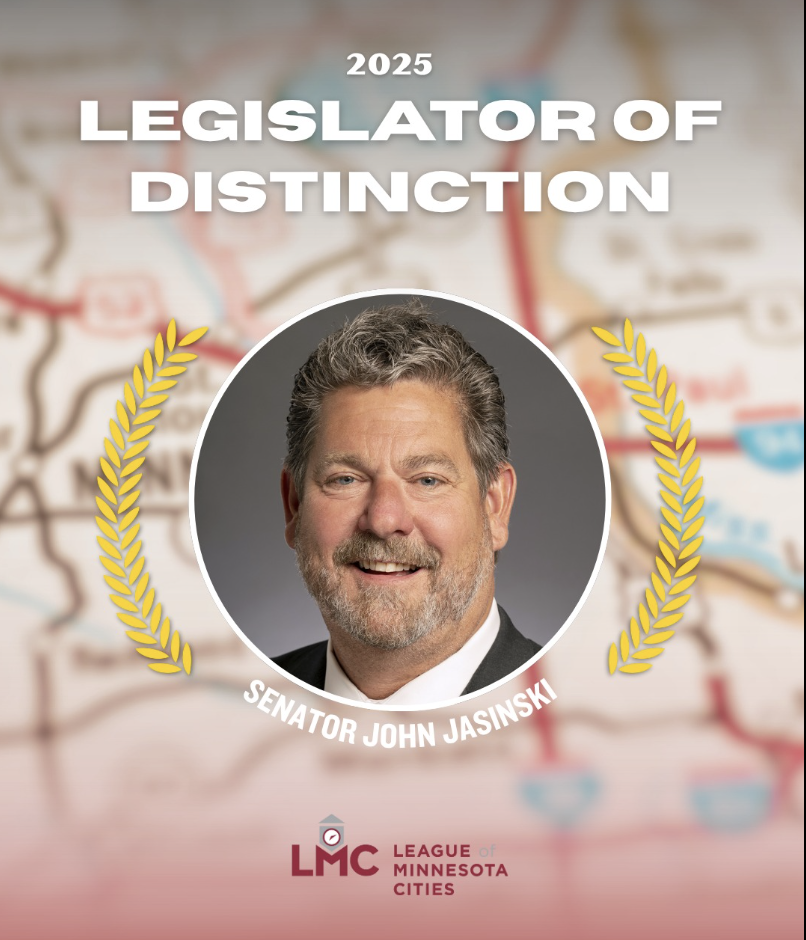
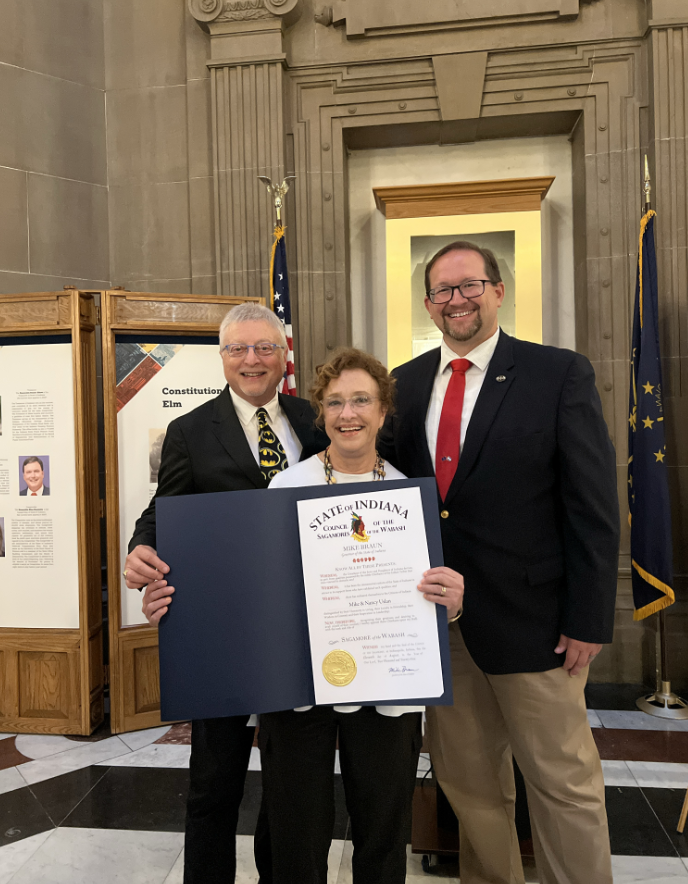
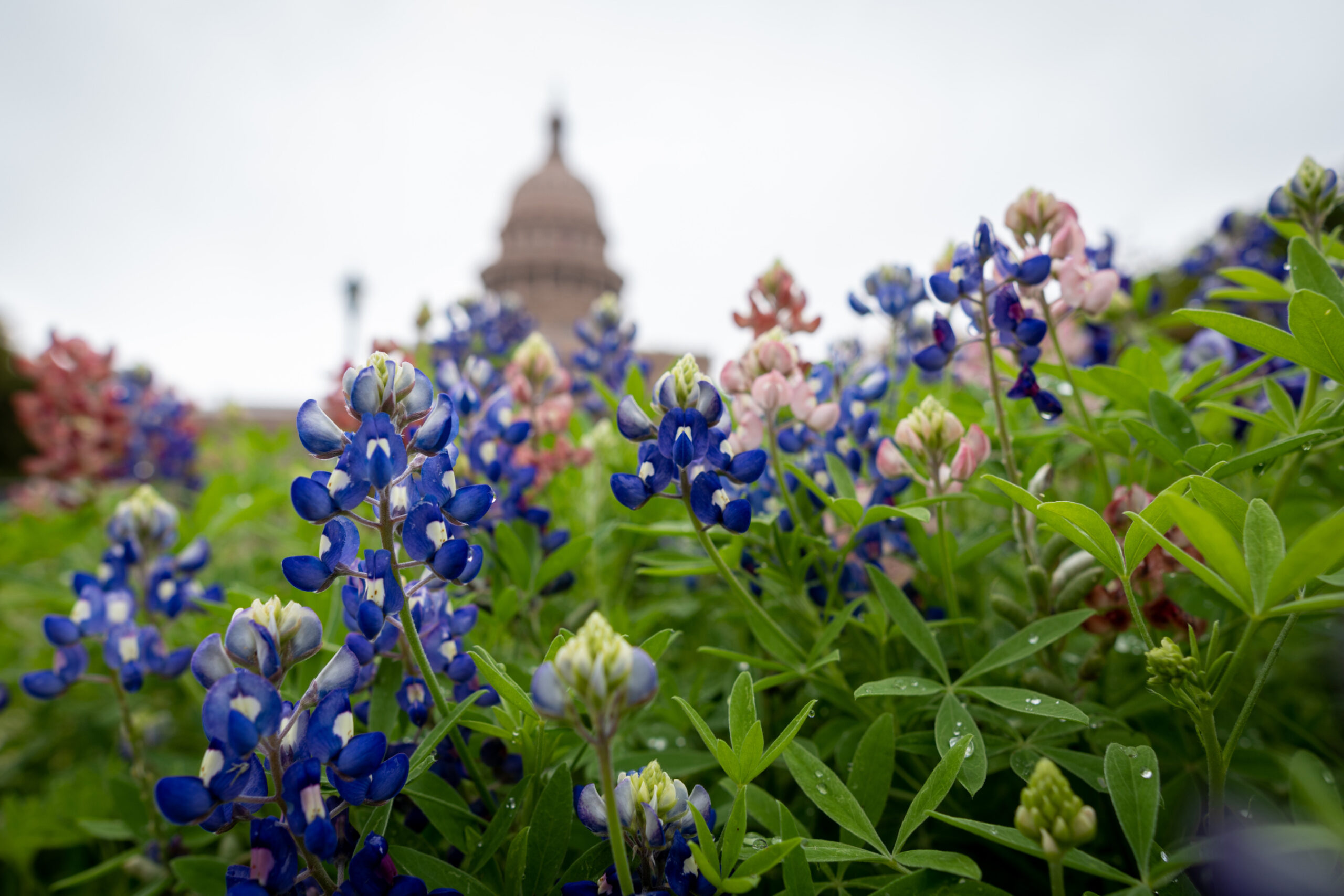
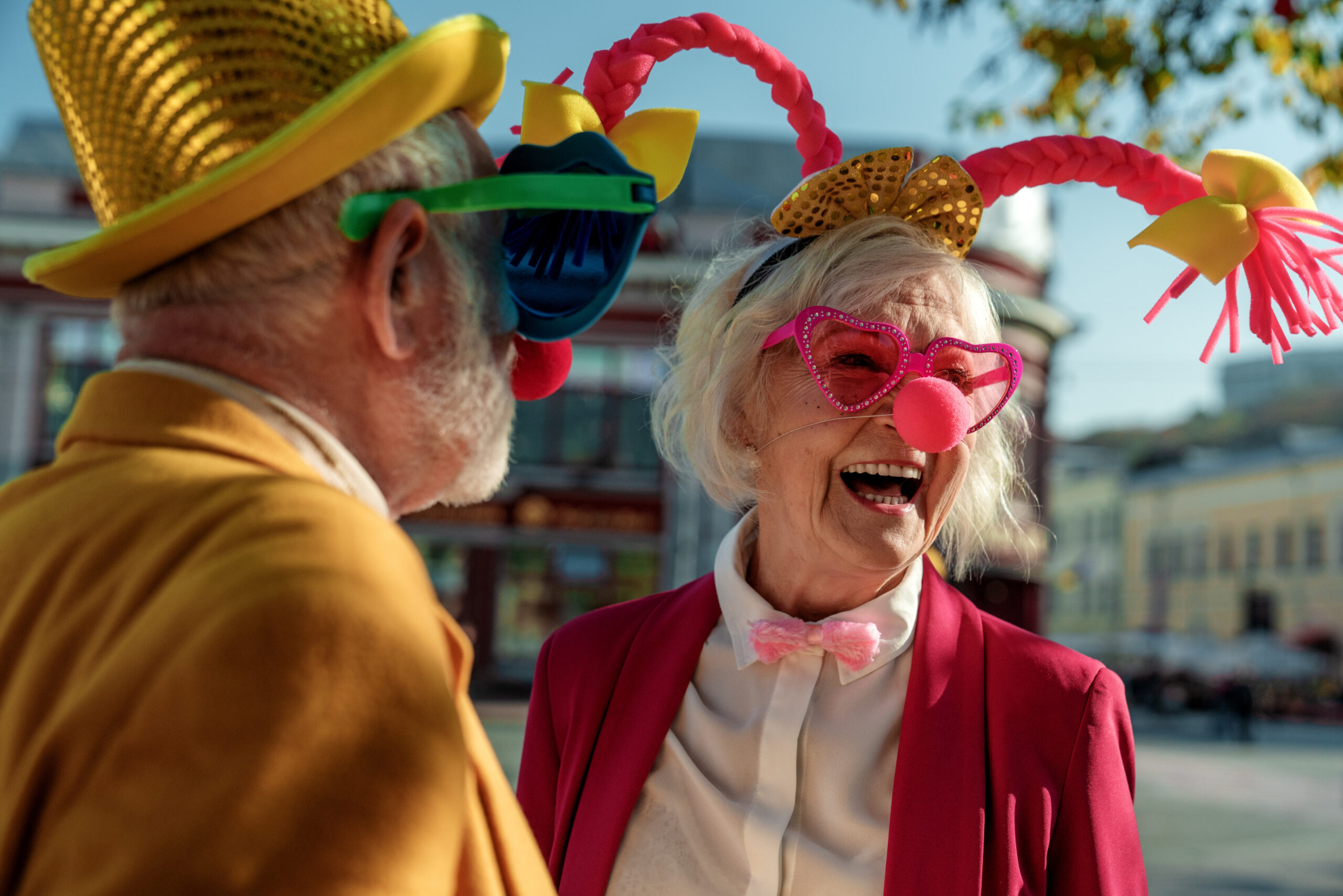


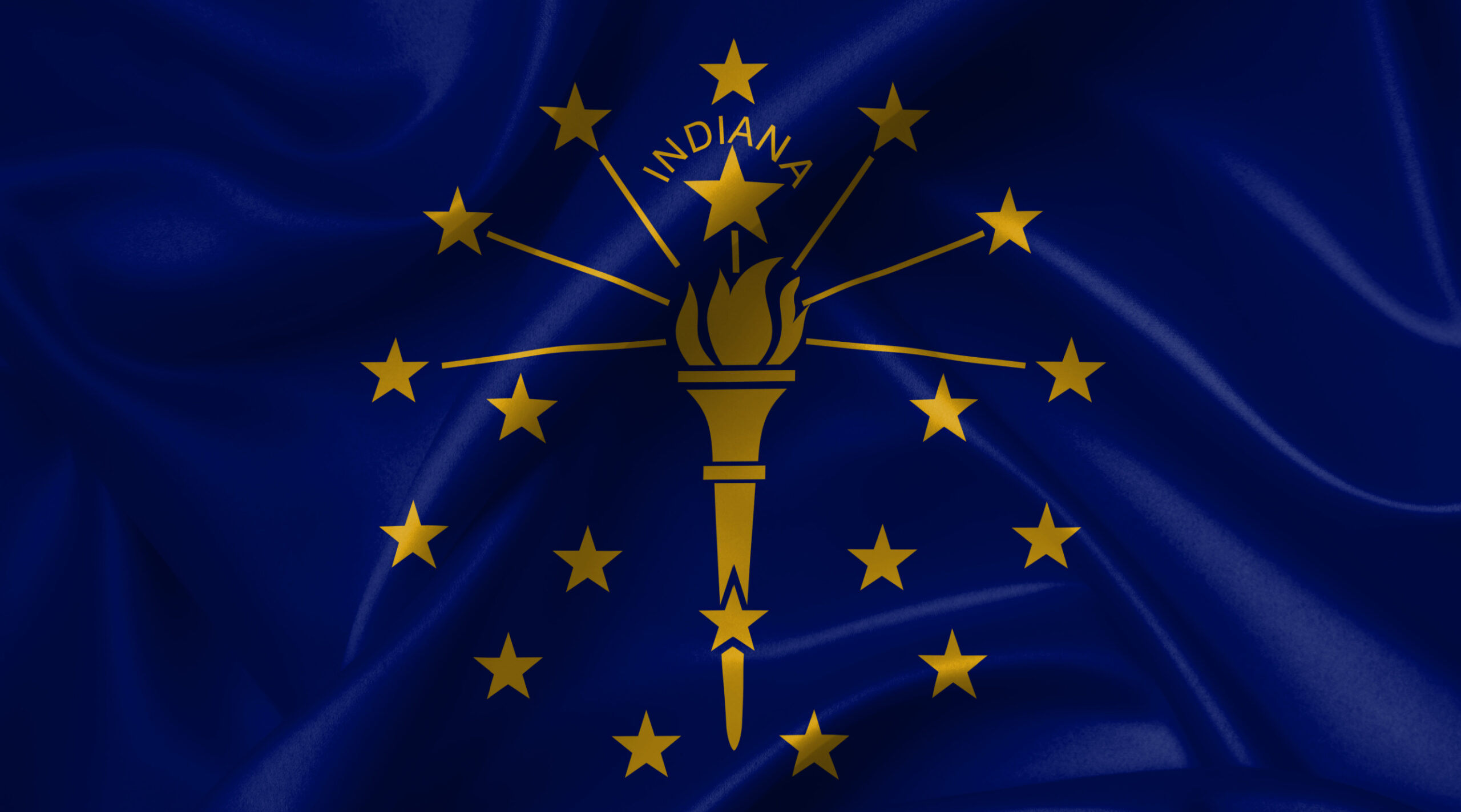

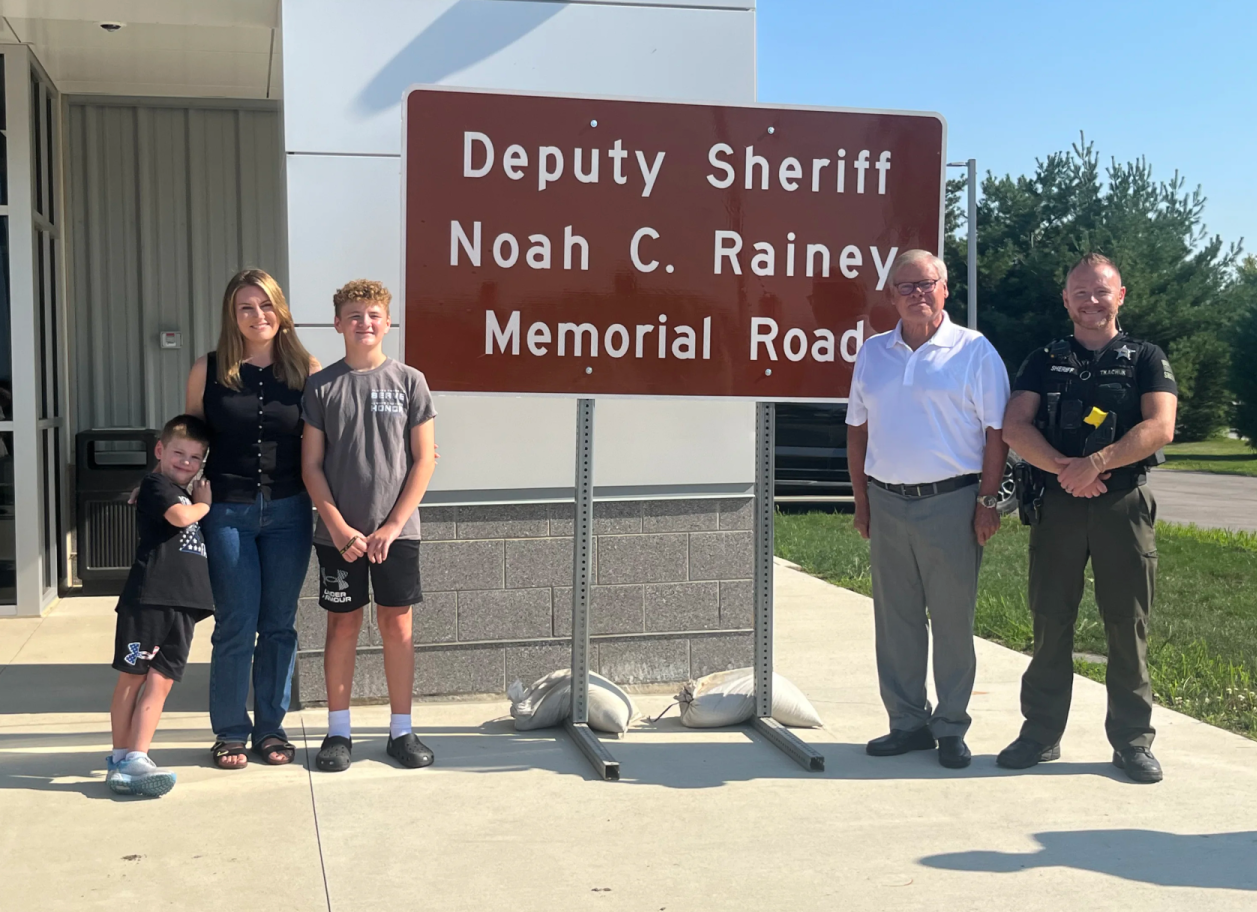

BE THE FIRST TO KNOW

More Content By
Jessica Curtis

